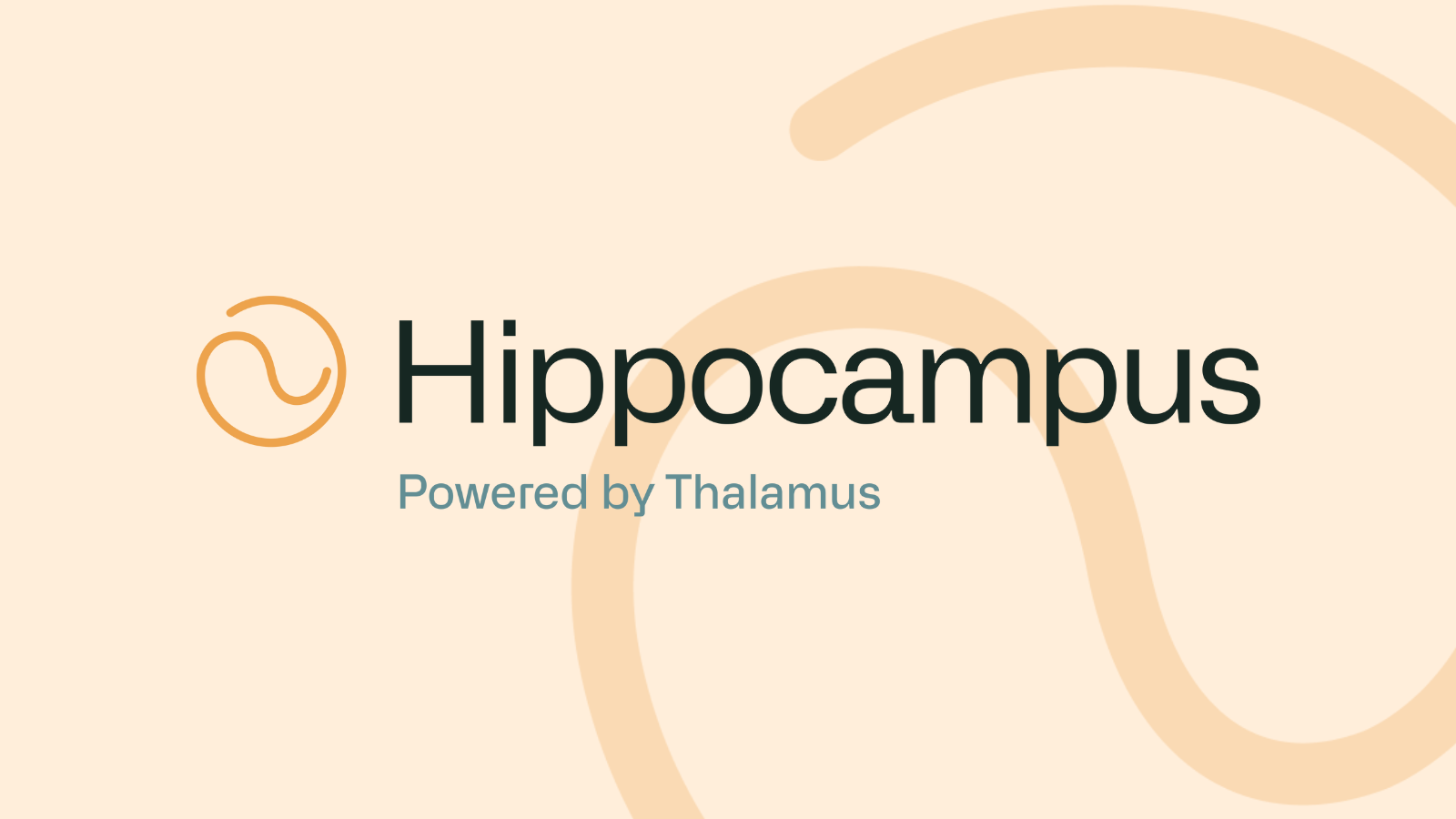Cortex Core Clerkship Grades and Transcript Normalization

Dear Applicants, Programs, and Medical Schools,
Since the opening of the residency recruitment season, we’ve heard your feedback on the Cortex Core Clerkship Transcript Normalization feature. As a physician-founded organization born out of our lived experience as applicants and program leaders, we understand the many emotions tied to the start of the season. We believe it is our duty and responsibility to communicate openly with all stakeholders about how our tools are used and how they may impact application review.
What We’ve Heard
Over the past week, while the grades on transcripts and corresponding application documents have been accurate and fully accessible, we’ve received a small number of reports from the community about inaccuracies in a subset of automation-extracted grades displayed within Cortex.
In each case:
- Once confirmed, we corrected the extracted grade immediately.
- Where the extracted grade was accurate, we provided feedback and guidance to the reporting program or school about its interpretation and the extraction methodology.
Because Cortex is now offered complimentary to all ERAS-participating programs through the AAMC-Thalamus collaboration, many programs are using it for the first time this season. We recognize the novelty of this feature may also be contributing to questions and uncertainty.
How the Tool Works
- Cortex makes accessible all application data including the medical school transcript, Medical Student Performance Evaluation (MSPE), and all other documents in their raw, original, and unaltered format.
- Cortex uses automated extraction (optical character recognition (OCR) and natural language processing (NLP)) to parse clerkship grades from medical school transcripts.
- The software then generates reference reports including grades, percentiles, and graphical distributions allowing reviewers a structured way to contextualize grades for efficiency and comparison within and across medical schools.
- First released in 2020, the tool is updated each recruitment cycle to reflect changes in grading schemas or transcript formatting.
Important: Applicants cannot be filtered, searched, sorted, or auto-rejected based on any of the output. The automation-extracted grades and visualizations are provided for comparative context only. They are not included in any scoring or selection algorithms. Reviewers are strongly encouraged to verify all information against the applicant’s official PDF transcript. This reminder is also displayed directly within the product.
For more information, please review our supporting methodology documentation.
Community Concerns
We recognize the primary concern is that an inaccuracy could unfairly disadvantage an applicant in the selection process. While we understand how this may create unease, please note:
- The tool is never intended to be used in isolation.
- We know from our experience working with the community that program directors employ a broader review of official application documentation in parallel, which may include medical school transcripts, the Medical Student Performance Evaluation (MSPE), and other materials, all of which are readily available and accessible in Cortex.
- In all investigated cases this season, to date, program directors correctly identified the accurate grade when reviewing alongside the official record.
Guidelines and Recommendations
For Programs
- Continue to use Transcript Normalization as a reference, not as a stand-alone decision tool.
- Verify grades through the official transcript and MSPE, which remain fully accessible within Cortex in the following locations:
- Applicant summary page: a) score drawer, b) “View Transcript” links
- Applicant details page: a) score drawer, b) left-side navigation menu, and c) documents section.
- If desired, use the “blinder” feature for “clerkship grades” to hide all grades, percentiles, and graphs.
For Applicants
- Your official transcript, MSPE, and application documents are and have always been correct and unaltered in our system.
- In all reported instances, program directors identified and corrected any discrepancies using the official documents.
- It is not recommended to contact programs about your transcript; Official documents may be viewed directly by directors and other faculty reviewers.
For Medical Schools
- Please share this guidance with your applicants to help reduce confusion and anxiety.
- Assure students that program directors and faculty regularly review official records as part of standard application review practices.
- Where your grading system is unique or particularly complex, we welcome your collaboration in helping refine mappings and reduce ambiguity.
- Direct any program or applicant inquiries about grade accuracy to Thalamus Support, so we can investigate promptly and provide clarity.
Our Commitment to the Community
We want to emphasize that we are listening closely to your feedback, and we value the partnership of applicants, programs, and medical schools in this process. Each recruitment season brings its own set of questions, adjustments, and improvements — and this is expected as the community adapts to tools and processes.
Our team is committed to continuous improvement of Cortex based on your feedback. The purpose of Cortex Transcript Normalization tool has always been to provide additional context, not to replace official documents or holistic review. The feature continues to function as intended this year, as it has historically. With your input, we will keep advancing the system through additional validation and improvement to support the community as the use of Cortex expands.
We appreciate your trust and collaboration as we work together toward a more consistent, fair, and efficient recruitment experience.
Sincerely,
Jason Reminick, MD, MBA, MS
CEO and Founder, Thalamus
Explore our latest insights and updates.













